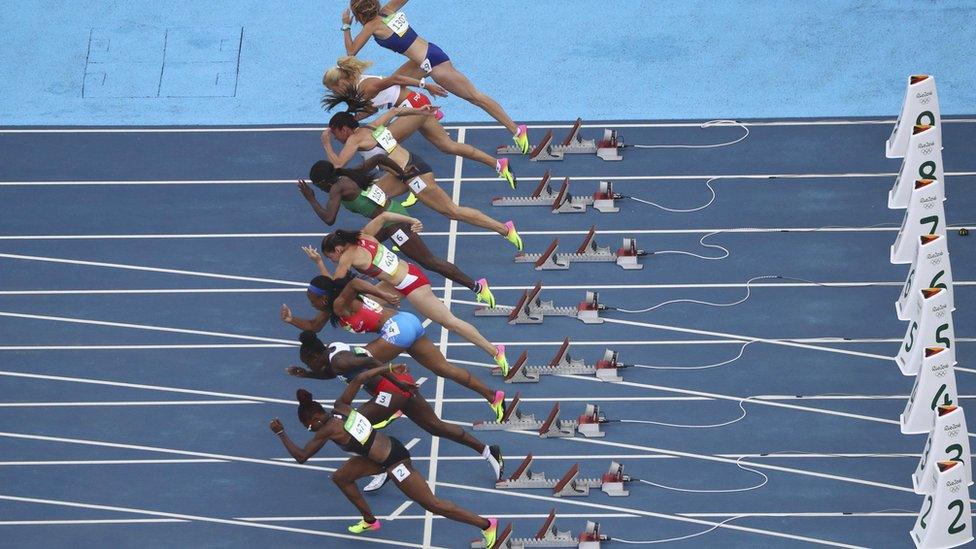No Zika cases from Olympics, says WHO
- Published

The WHO consistently said the Olympics would not boost Zika risk
The World Health Organization has said there have been no confirmed cases of Zika among travellers or athletes at the Rio Olympics.
The WHO said its prediction that the Games would not fuel the spread of the Zika virus was being proved correct.
Some health experts had criticised the organisation for not calling for the Games to be moved or postponed.
At a news conference in Geneva, the head of the WHO's health emergency programme Peter Salama, said: "We don't have any confirmed cases of Zika amongst travellers or amongst indeed athletes."
And he said of the Paralympics, due to start on 7 September: "We are optimistic that the same risk assessment will hold and there will be little additional risks."
The WHO says Zika remains a global public health emergency.
It had advised pregnant women to avoid travelling to the Games, and visitors to take precautions to avoid mosquito bites, because Zika has been linked to birth defects.
But despite the concern voiced by some scientists, the WHO had said mosquito activity was relatively low in Brazil in August.
The top four golfers in the world, including Rory McIlroy, also pulled out of the Games because of fears over the virus.

More on the Zika crisis:
What you need to know Key questions answered about the virus and its spread
Travel advice Countries affected and what you should do
The mosquito behind Zika What we know about the insect
Abortion dilemma Laws and practices in Catholic Latin America

The Zika outbreak began in Brazil a year ago, but now more than 60 countries and territories have continuing transmission including, most recently, Singapore.
More than 1,400 cases of microcephaly in babies have been linked to Zika in Brazil. The babies were born with abnormally small heads, a condition threatening their brain development.
The virus has also been linked to a rare nervous system disorder, Guillain-Barre syndrome.